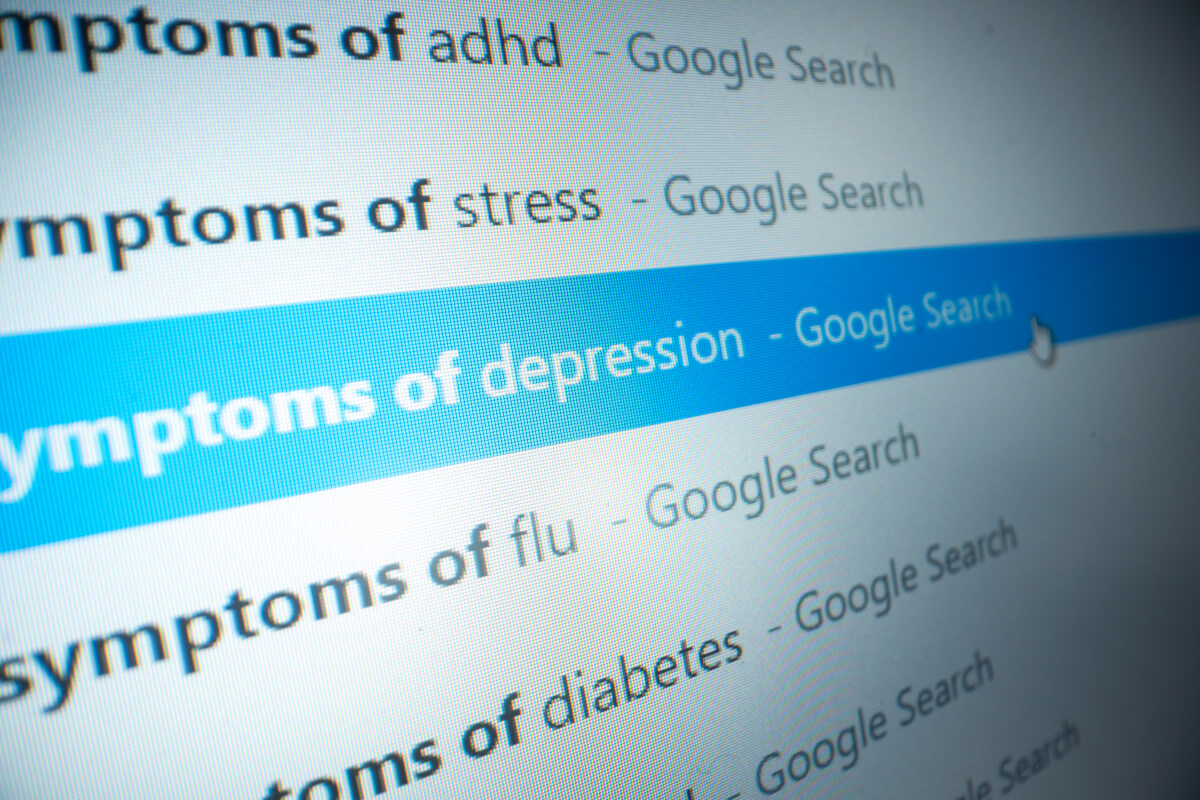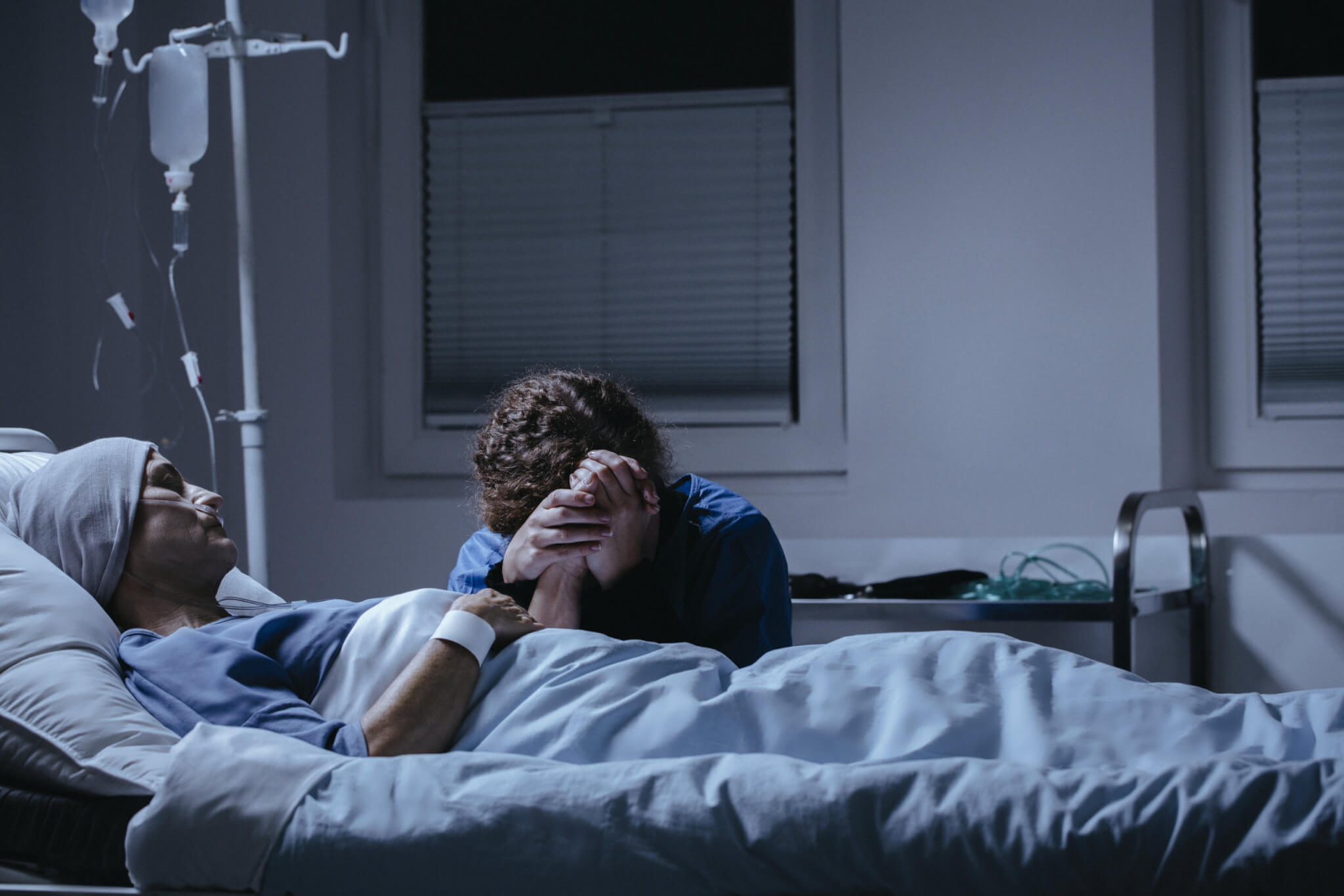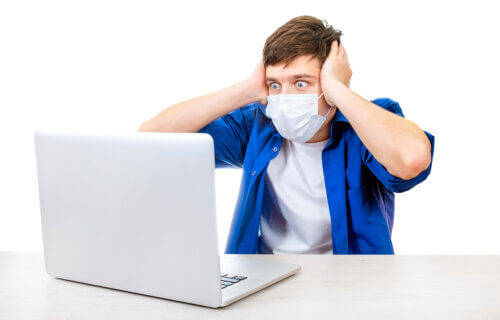When you’re concerned about a new medical symptom that pops up, or a new diagnosis that a friend or family member receives, do you turn to the Internet to start learning all you can? You might be doing yourself more harm than good. Many people who regularly turn to “Dr. Google” may be experiencing cyberchondria.
💡Doctor’s Notes:
Cyberchondria is a term used to describe extreme, unwarranted anxiety experienced by someone searching online for medical information.
Over the last few years, the Internet has been flooded with health information. Most people seek health information online at some time. Studies suggest that 90 percent of Americans have searched for health info on various websites, and about 33 percent went searching for a diagnosis of a condition. The numbers were probably greater during the COVID-19 pandemic.
For some, access to online health material is informative and empowering. You’ll often develop a list of questions about your own health. Remember, however, that the information you’ll find is about a condition in general. You are unique, and your body has a one-of-a-kind way of responding to diseases.
With that in mind, symptom-searching can send you down a long, dark path full of twists and turns, with false threats or negative information leading you to believe that you have a serious, or even deadly, health condition. When this happens, cyberchondria can emerge. It can be hard to shake off the anxiety that arises from an online search. Some people will convince themselves they have a medical condition threatening them, even though it has not been confirmed by a medical professional.
Cyberchondria is not a formal diagnosis; you won’t find it in the Diagnostic and Statistical Manual of Mental Disorders (DSM-5). There is some debate over the definition of cyberchondria among psychological experts and researchers. Many believe that cyberchondria is relatively common.

Symptoms of cyberchondria
Since cyberchondria is not a formal condition, there are no official symptoms or diagnostic criteria. The reported signs differ between sources. According to the Cyberchondria Severity Scale, some of the signs include:
- Spending at least 1 to 3 hours researching symptoms online.
- Online searches make you feel distressed and anxious, rather than reassured or empowered.
- The need to search for health information feels compulsive and hard to resist.
- You’re afraid of having several diseases, not just one or two.
- Feeling a need to seek reassurance from a doctor or medical professional.
- Distrusting the answers you get from a medical professional.
- You feel a compulsive need to recheck your symptoms online, even after doing exhaustive searches before.
It might be difficult for you to recognize cyberchondria in yourself, because of the way anxiety works and affects your thinking. It may be easier for a friend, family member, or healthcare professional to recognize it.
Cyberchondria can seriously affect mental health
Cyberchondria, like a diagnosed anxiety disorder, or generalized anxiety, can have an impact on someone’s quality of life, especially if it is severe. It can be debilitating and make it more difficult to do daily activities.
Anxiety can provoke stress and lead to physical symptoms, including elevated blood pressure and headaches. Anxiety can also have impacts on your relationships with friends and family, or take a toll at work if you are constantly calling out sick to address your symptoms. It can even take a financial toll if you’re regularly undergoing medical tests or missing work.
Although the exact cause of cyberchondria is unclear, like other forms of anxiety, there are risk factors. People with depression or anxiety may be more prone to cyberchondria because those mental health conditions already make them prone to worrying.
You might also be more likely to develop cyberchondria if you have personal experience with an illness. For example, if you experience a death in your family — especially if it is sudden — or someone close to you has developed an illness, you might be more likely to worry about your own health. New parents may develop anxiety associated with the health of their infant. A 2019 study suggested that people with low self-esteem might be more likely to develop cyberchondria.

It is easier to search for medical information online than to talk with a doctor, especially if going to the doctor causes anxiety. You no longer have to go to a library to look up your symptoms — you just open the Internet on your phone or computer. With so much medical information available — and with different sources offering conflicting information — it’s easy to feel anxious about what you’re reading.
5 Telltale Signs You May Be A Cyberchondriac:
- You check online for symptom information for up to 1 to 3 hours daily. On average, people displaying high illness anxiety spent a little over 2 hours a day searching online on their worst day. In contrast, people with low illness anxiety spent less than an hour, or 1 hour at the most on their very worst day.
- You fear having several different diseases. Those high in illness anxiety feared having nearly 5 diseases compared to their low illness anxiety counterparts, who feared having less than 2.
- On your worst day, you’ve checked your symptoms 3 to 4 (or more) times. People high in illness anxiety not only spend more time, but also take more opportunities to search online for information on their symptoms.
- Looking online to get symptom information makes you feel more anxious. If those high in illness anxiety are trying to reassure themselves, their online probing is only making them worse. During and after their checking sessions, they report far higher anxiety than individuals scoring low on the illness anxiety scale.
- Your health is medically stable. Although people high in illness anxiety had higher self-reported disability, their health hasn’t undergone major changes. They were less likely to have an unstable medical illness than were those low in illness anxiety.
If you think you might have cyberchondria, stop going online to look for health information. While health-related information isn’t inherently dangerous, developing obsessions can be a source of significant anxiety.
Consider talking with your primary care doctor about health anxiety and medical information online. Ask for recommendations. More and more physicians are handing out material with your diagnosis or subscribing to a particular site they trust to which they refer patients. You can also talk with a mental health professional, such as a therapist or counselor, to help you understand and manage the anxiety that arises around health and medical information.
You may find that relieving cyberchondria and general anxiety improves all aspects of your quality of life.
